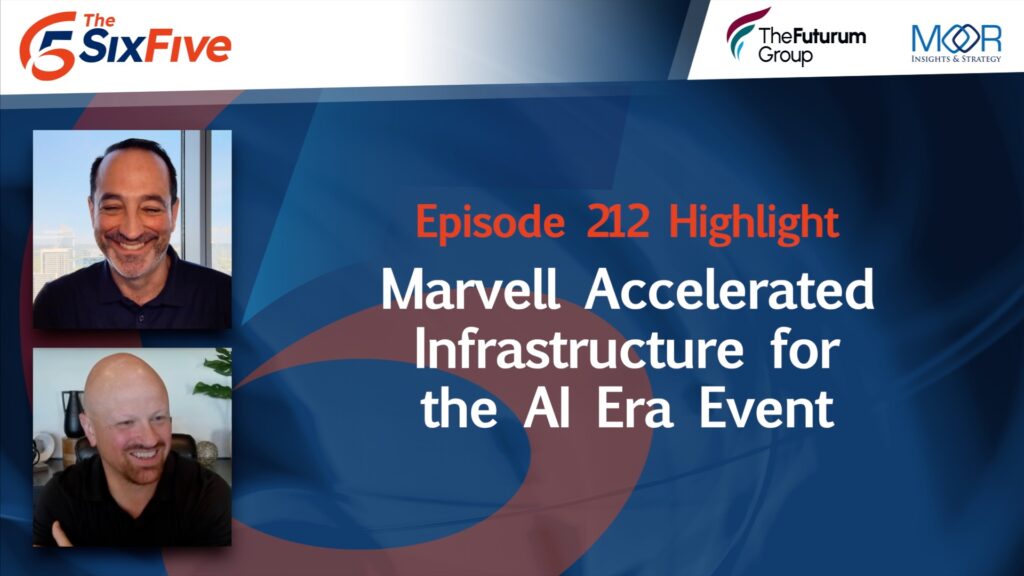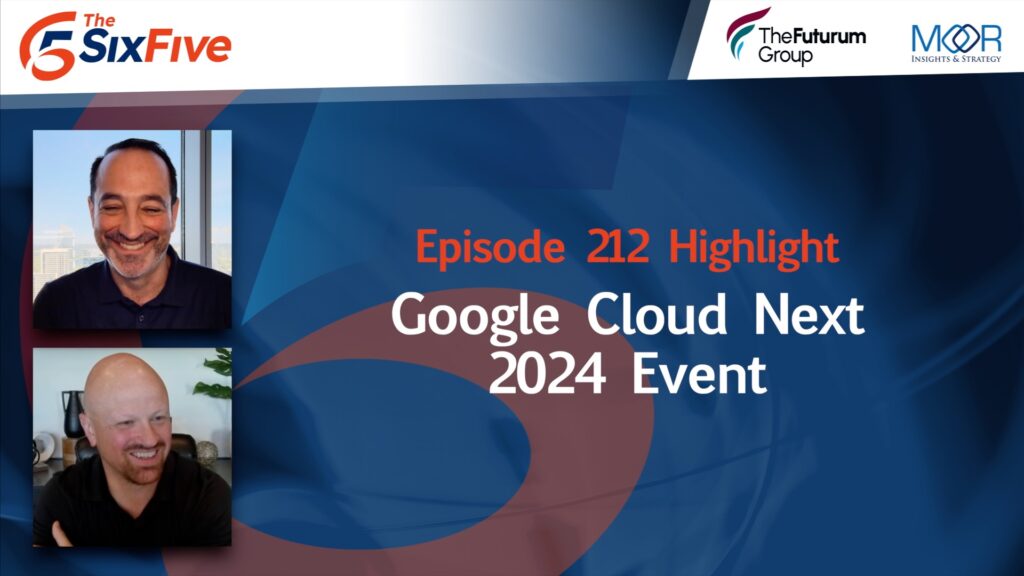One of the most contentious issues to arise from the COVID-19 pandemic has been the establishment of vaccine mandates, which essentially require all employees of an organization to receive the COVID-19 vaccination in order to remain employed. In the US, a Biden Administration rule could go into effect as early as the week of October 18, requiring that employers ensure that workers are vaccinated or regularly tested. The rule would apply to companies with 100 employees or more, impacting around 80 million workers.
A Gallup poll conducted in September 2021 found that 58% of Americans favored requiring companies to ensure that their employees were vaccinated or tested weekly, and 68% said that employers should give employees paid time off to get vaccinated or to recover from vaccine side effects.

Regardless of whether the mandate takes place, there are significant challenges involved with communicating the mandate, as well as managing the impact of dealing with employees who choose not to comply.
Even in the presence of a mandate, it may make sense to institute policies that encourage vaccination, thereby increasing workplace morale and shifting the focus away from the dictatorial nature of a mandatory policy. Employers can encourage vaccinations through the implementation of the following incentives:
- Offer comp time for employees who receive the COVID-19 vaccine
- Allow for additional paid leave should employees experience side effects from the vaccine, or allow them to work from home until they feel better
- Offer a nominal, one-time incentive payment to employees who can provide evidence they are fully vaccinated
According to a Paychex and Future Workplace survey, the most attractive incentives were a financial bonus (27% overall), followed by additional time off (20%).
A key aspect of implementing any of these programs is to establish clear guidelines on the amount of any incentive paid, any restrictions to the program (such as a maximum amount of time off), and any documentation that is required, such as a doctor’s note for absences greater than a certain number of days. Further, employers should consult with their legal counsel to ensure compliance with all applicable federal, state, and local laws.
Employers must also be ready to address questions from both employees who welcome a vaccination mandate, and from those who choose to push back on the policy. A dedicated “vaccination go-to person” should be designated as the single source of truth for employee questions about the policy and any incentives in order to minimize misinformation and errors.
Another key aspect for managing the impact of vaccine mandates is to set guardrails around conversations about vaccine mandates and the effectiveness of vaccines. Managers should communicate what conversations and behaviors are acceptable in the workplace regarding “hot-button” issues, such as an individual’s vaccination status, discussions on the appropriateness of mandates, and the effectiveness of vaccines. Without these guidelines, companies may risk disruptive work interruptions, and could open themselves up to discriminatory behavior between employees based on their vaccination status or views on the vaccine.
Finally, a solid plan on how to handle individuals who choose not to get vaccinated must be clearly spelled out to cover those who have legitimate, protected reasons for refusing a vaccine (such as religious exemptions, certain disabilities, or health conditions), as well as those who simply choose not to comply. The plan should be reviewed by human resources (HR) and operational managers to ensure that all are aware of the policies and procedures, as well as any specific deadlines for compliance.
Specific procedures for dealing with an employee who chooses not to get vaccinated need to be clearly laid out, along with procedures for communicating the worker’s status and managing the workflow in the event the individual is suspended or terminated. By clearly thinking through and planning vaccine mandates, employees will have a clearer expectation of the requirements, as well as a plan for managing their work during a potentially disruptive time, allowing them to focus on their core task—serving and satisfying their customers.
Author Information
Keith has over 25 years of experience in research, marketing, and consulting-based fields.
He has authored in-depth reports and market forecast studies covering artificial intelligence, biometrics, data analytics, robotics, high performance computing, and quantum computing, with a specific focus on the use of these technologies within large enterprise organizations and SMBs. He has also established strong working relationships with the international technology vendor community and is a frequent speaker at industry conferences and events.
In his career as a financial and technology journalist he has written for national and trade publications, including BusinessWeek, CNBC.com, Investment Dealers’ Digest, The Red Herring, The Communications of the ACM, and Mobile Computing & Communications, among others.
He is a member of the Association of Independent Information Professionals (AIIP).
Keith holds dual Bachelor of Arts degrees in Magazine Journalism and Sociology from Syracuse University.









